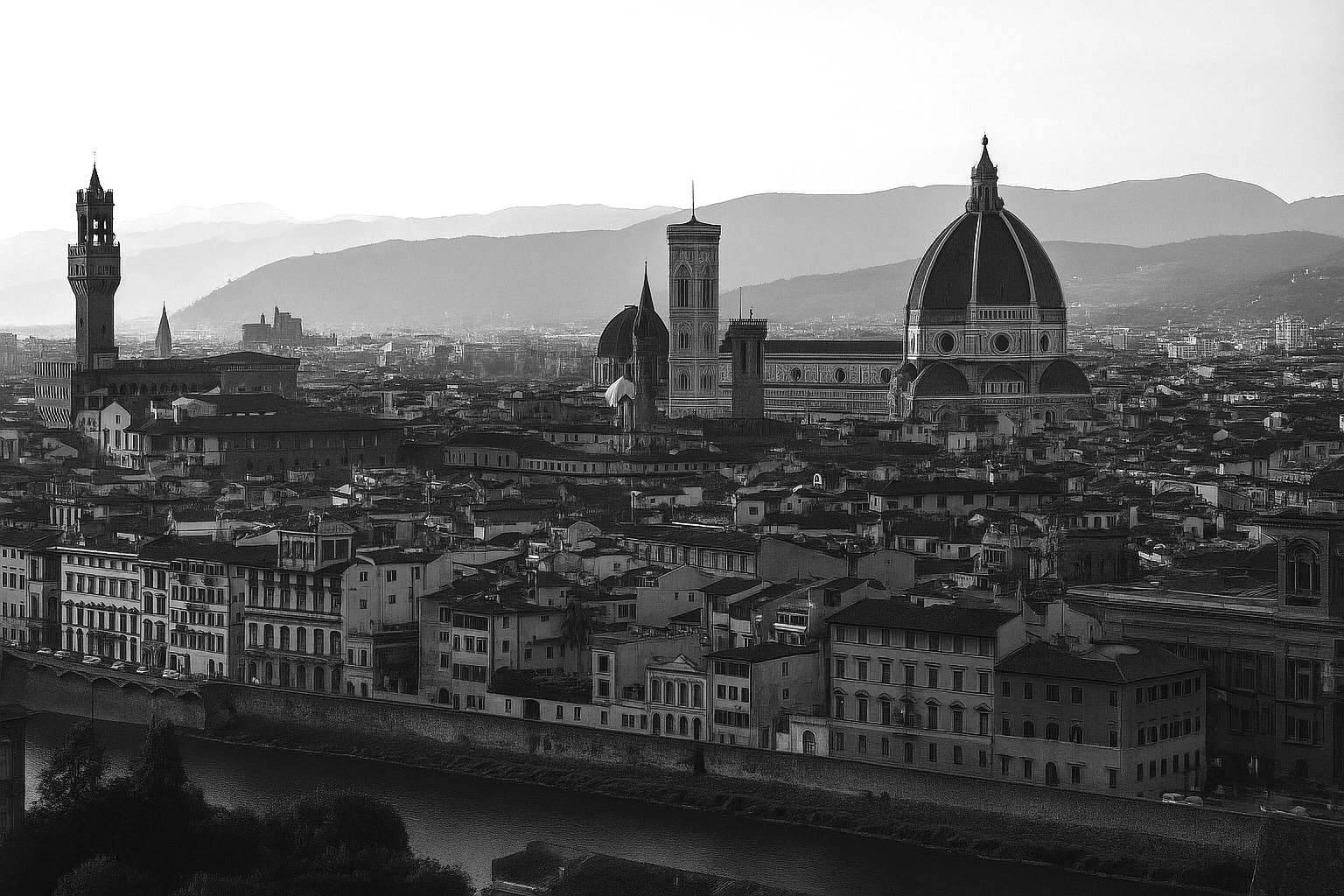I. The Nation-State Was an Interlude
History is not linear, it is cyclical. Structures rise, exhaust themselves, and give way to older patterns wearing new masks.
The modern nation-state, often assumed to be the pinnacle of political evolution, is in truth a relatively brief experiment. Its origins lie in the Peace of Westphalia in 1648, when Europe, weary from religious wars, codified sovereignty within fixed borders. What followed was three centuries of territorial empires, bureaucratic nations, and the rhetoric of “the people.”
Yet what we are witnessing now is not the triumph of the nation, but its decline. These vast organisms are drowning in debt, paralyzed by bureaucracy, and fractured by populations too large to govern coherently.
It is not surprising. Before the nation came the city-state. And after the nation will come the city-state again.
II. The First Cities, The First Civilizations
The Sumerians built Uruk, a city of walls and temples where writing and commerce were born. Athens pioneered democracy not across Greece, but within the tight walls of a single polis. Rome itself began as a city before it became an empire.
Florence, Venice, Genoa, Amsterdam — these nodes of concentrated wealth and culture outshone the sprawling kingdoms around them. Each city-state operated not on the principle of scale, but on the principle of intensity.
Nations measure themselves by size.
City-states measure themselves by density.
And it is density — of wealth, culture, knowledge, and strategy — that bends history.
III. Why the Nation Falters Where the City Thrives
A nation must defend thousands of miles of border. A city must defend a single port.
A nation must appease millions of voters. A city must answer only to those who sustain it.
A nation dilutes responsibility across parliaments and parties. A city refines it into councils and families.
The result is efficiency. Cities adapt where nations stagnate. They accumulate capital where nations hemorrhage it. They export culture while nations drown in their own noise.
The United States spends trillions on defense, yet San Francisco determines the future of AI.
China commands 1.4 billion people, yet Shanghai defines its financial destiny.
Paris matters more to France than France matters to Paris.
The truth is plain: cities shape civilizations. Nations merely host them.
IV. The Modern Return of the City-State
The 21st century is not heralding something new, but something ancient returning in a new form.
- Singapore behaves less like a country and more like a precision-tuned city-state, balancing trade, finance, and diplomacy with ruthless pragmatism.
- Dubai has transformed a desert into a global crossroads in less than fifty years, leveraging free zones, cultural spectacle, and controlled sovereignty.
- Monaco thrives not through armies, but through the art of exclusivity, where a square mile generates more symbolic capital than entire nations.
Even within large states, cities are pulling away. Silicon Valley speaks with more authority on the future than Washington. London behaves like a sovereign financial hub despite Brexit. Hong Kong once operated as a hybrid city-state under the shadow of China until its autonomy was stripped.
The pattern is unmistakable.
V. The Synthetic City-State
Yet the next wave will not be defined solely by geography.
The city-states of the coming Renaissance may not be physical at all. They will be synthetic.
Enclaves bound not by walls but by cryptographic signatures.
Governed not by parliaments but by multisignature councils.
Funded not by taxation but by tokenized treasuries and sovereign funds.
Imagine Florence rebuilt as an encrypted network, with patrons commissioning art, science, and philosophy not on fresco walls, but on digital ledgers. Imagine Venice reborn as a decentralized market-state, directing flows of liquidity invisible to regulators.
These synthetic cities will be no less real than their marble ancestors. They will have their own citizens, rituals, currencies, and myths. They will define culture while nations drown in irrelevance.
Florence had the Arno.
Tomorrow’s Florence will have protocols.
VI. Who Funds the New City-States?
Renaissance Florence was bankrolled by the Medici. Venice by merchant aristocrats. Amsterdam by trading guilds.
The 21st-century city-state will be funded by:
- Sovereign wealth funds seeking insulation from global volatility.
- Crypto dynasties treating networks as inheritance.
- Private capital pools that prefer nodes of influence over the liabilities of nations.
- Cultural patrons who understand that reputation endures longer when tied to works, not headlines.
The lesson is the same across centuries. Nations decay, but city-states are reborn whenever elites decide that precision is more valuable than scale.
VII. Culture as Weapon, Cities as Cradles
Every renaissance has required density of culture.
Florence concentrated artists, philosophers, and engineers into a single crucible. Venice concentrated merchants, spies, and cartographers into a maritime empire. Paris concentrated salons, writers, and revolutionaries into the Enlightenment.
Today, we see cultural density re-emerging in hubs: Berlin for art, Los Angeles for media, San Francisco for technology. But unlike the past, these hubs no longer need permission from nations. They operate as semi-sovereign entities.
The new city-states will not just accumulate wealth. They will accumulate myth.
And myth, more than law, builds civilizations.
VIII. The Philosophy of the Node
The return of the city-state is not just political. It is metaphysical.
The universe itself is structured as nodes and networks. Stars gather into galaxies. Synapses fire into thoughts. Cities concentrate into civilizations.
The nation-state is an aberration — an attempt to smear power across vast landmasses, inefficiently, clumsily. The city-state is natural. It reflects the geometry of intelligence itself.
In this sense, the rise of synthetic city-states is not innovation. It is alignment. Humanity is rediscovering the form it was meant to take.
IX. Implications for Power and Legacy
For elites, the return of the city-state is both opportunity and warning.
Opportunity, because capital invested in the right nodes can shape entire civilizational arcs. A new Florence can be built for pennies compared to a collapsing empire.
Warning, because those who cling to the nation-state model will find themselves stranded, paying taxes to insolvent governments while culture and influence shift elsewhere.
The question is not whether city-states will return. They already have. The question is who will build them — and who will be invited inside.
Closing Thought
The next cultural boom will not emerge from Washington, Beijing, or Brussels.
It will emerge from concentrated enclaves — physical and synthetic — where capital, culture, and intelligence converge with precision.
The nation-state was the age of borders.
The city-state is the age of nodes.
And nodes, once lit, spread faster than empires.


